90+% of gifts to Christian non-profits are made out of cash. Gifts of cash are made from after tax money. That makes cash gifts 65 cents on the dollar.
Gifts of publicly traded stock can be made pre-tax, providing 100 cents on the dollar. Most donors who care would rather give 100 cents than 65 cents if they knew about the simple mechanism to do so.
The donor simply contacts her investment manager and asks him to wire transfer appreciated stock in kind to the favored charity, IF that charity is conspicuously experienced in handling such gifts. The charity then sells the stock and allocates the proceeds to specific purposes. Most small to mid-sized charities handle such gifts on a sporadic basis. What could be a flood is a trickle.
Christian ministries are increasingly partnering with sponsors of donor-advised funds, which process hundreds of wire transfer gifts each day. The donor-advised fund sponsor (Fidelity, Schwab, Vanguard, NCF, or others) receives the wired shares and sells them. The proceeds then go into a designated donor-advised fund for granting to the recipient charity.
There is no taxation on the appreciation in value between the cost basis and that day’s fair market value. The donor gets a fair market value deduction, and the US Treasury gets shut out. The donor-advised fund sponsor then wires or mails the desired gift to the non-profit.
While many donors to Christian schools are now setting up their own donor-advised funds to facilitate tax-wise and more generous giving, there is a growing popularity among non-profits to set up a dedicated donor-advised fund called a Single Charity Fund. Such funds are set up in the name of the non-profit. Anyone can make tax-deductible gifts of cash, publicly traded stock, or appreciated business interests to that fund and get an FMV tax deduction. However, all contributions to that dedicated fund must go to that single charity that set it up, i.e., your school.
A single charity fund is technically owned by the donor-advised fund sponsor, i.e., Fidelity, Schwab, NCF, and the donor gets her tax deduction from that sponsor. However, the fund is set up with the non-profit putting its people as advisors to the fund and can draw funds down into its operations at any time. Or, the non-profit can invest the money in the Single Charity Fund for a period of time when it is not on the books of the non-profit.
Examples of non-profits using Single Charity Funds are available to discuss the idea. For further information, contact Jay Bennett ([email protected]) or Tyler VanEps ([email protected]). They can identify multiple sponsors for such funds allowing you to evaluate the concept and which sponsor, if any, may be best for you.

